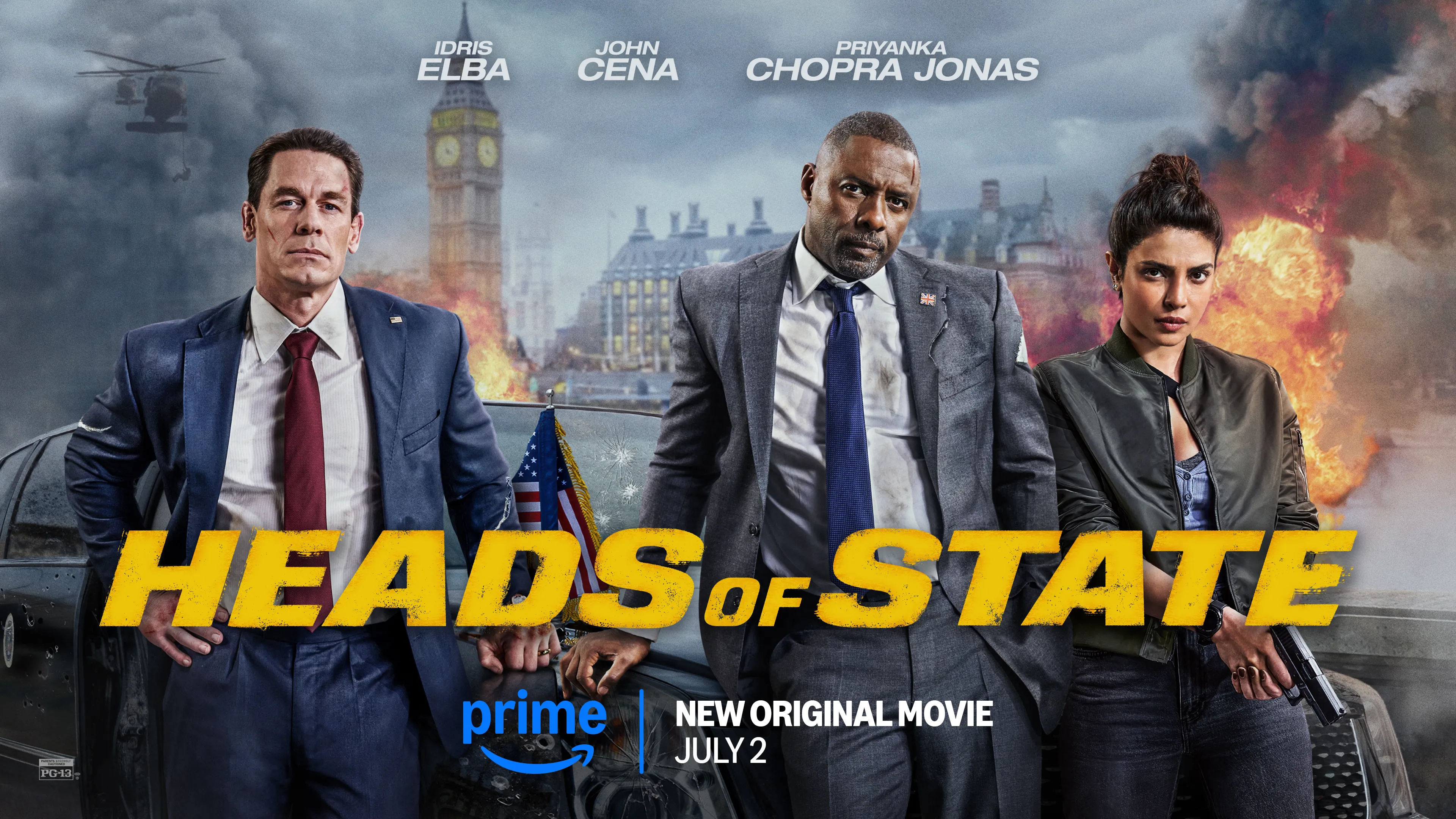“More than a war story, Band of Brothers is a tribute to loyalty, sacrifice, and the unbreakable human spirit.”
Released in 2001, Band of Brothers remains one of the most powerful and authentic portrayals of World War II ever brought to television. Produced by Tom Hanks and Steven Spielberg, the 10-part miniseries adapts historian Stephen E. Ambrose’s bestselling book, chronicling the real-life experiences of Easy Company, part of the U.S. Army’s 101st Airborne Division.
The series begins with Easy Company’s intense training at Camp Toccoa, Georgia, under the relentless Captain Sobel. As the men evolve from raw recruits into elite paratroopers, they form bonds of friendship that will become their lifeline amid the horrors of combat. From the D-Day invasion of Normandy to the brutal Battle of the Bulge, the soldiers endure unimaginable hardships, loss, and the constant fear of death.

What sets Band of Brothers apart is its focus on the human element of war. The series doesn’t merely depict battles; it delves into the mental and emotional toll on the men, highlighting themes of leadership, loyalty, and the thin line between heroism and survival. The production values are exceptional, featuring gripping combat scenes, period-accurate detail, and interviews with the real veterans whose stories inspired the series.
The cast, including Damian Lewis as Major Richard Winters and Ron Livingston as Captain Lewis Nixon, delivers deeply moving performances, bringing to life both the courage and vulnerability of soldiers facing overwhelming odds. Critics and audiences praised the series for its historical accuracy, powerful storytelling, and emotional resonance.

More than two decades later, Band of Brothers still stands as a landmark achievement in television, a tribute to the men who fought and sacrificed for freedom. It remains a must-watch for anyone seeking to understand not just the history of World War II, but the enduring spirit of brotherhood forged in its fires.

-1751250667-q80.webp)
-1750930477-q80.webp)
